Consuming strawberries daily may help improve cognitive function, lower blood pressure, and increase antioxidant capacity, a clinical trial shows.
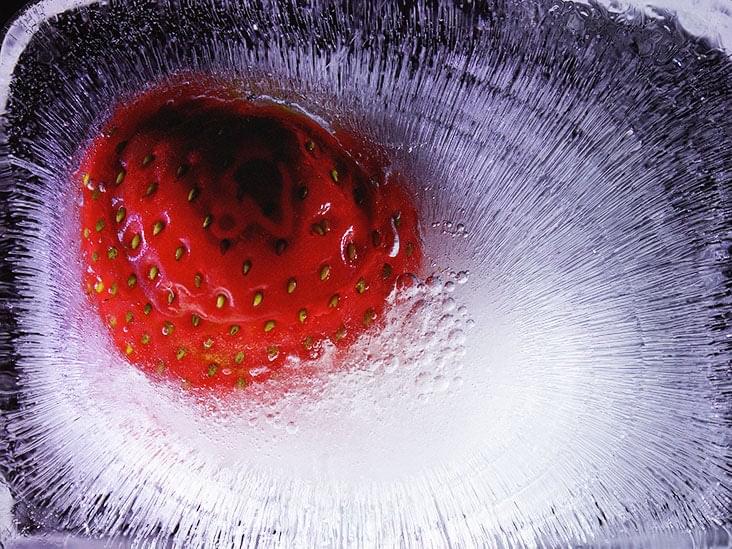

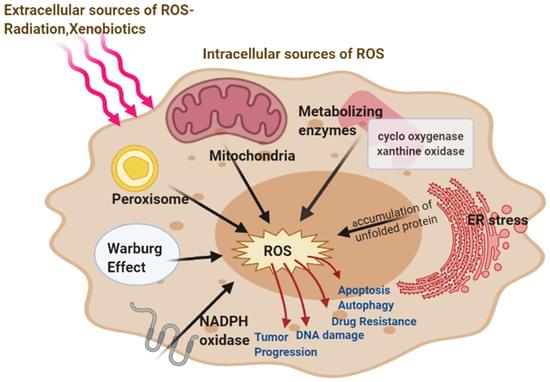
Reactive oxygen species (ROS) are important in regulating normal cellular processes whereas deregulated ROS leads to the development of a diseased state in humans including cancers. Several studies have been found to be marked with increased ROS production which activates pro-tumorigenic signaling, enhances cell survival and proliferation and drives DNA damage and genetic instability. However, higher ROS levels have been found to promote anti-tumorigenic signaling by initiating oxidative stress-induced tumor cell death. Tumor cells develop a mechanism where they adjust to the high ROS by expressing elevated levels of antioxidant proteins to detoxify them while maintaining pro-tumorigenic signaling and resistance to apoptosis.
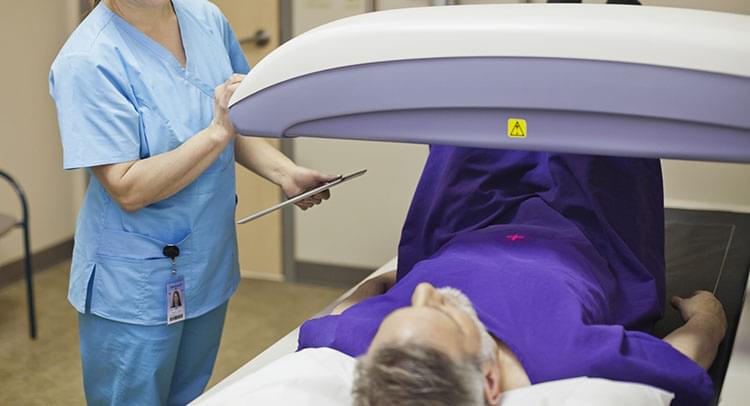
A routine osteoporosis screening bone density test can also detect increased risk for a heart attack because of the presence of calcium in the aorta. But reading these images requires expertise and can be time-consuming.
Now, research from a multi-institution collaboration, including Harvard Medical School and Hebrew SeniorLife, reports that this calcification test score can be calculated quickly by using machine learning, without the need for a person to grade the scans.
It’s estimated that as many as one-third of Americans suffer from chronic pain, and many medications that have been developed to treat pain pose serious risks. Scientists have now created a gene therapy that can manipulate a specific channel that sodium ions move through, called NaV1.7. In tests using cells in culture and animal models, this approach successfully relieved chronic pain. The work has been reported in the Proceedings of the National Academy of Sciences (PNAS).
“Our study represents a major step forward in understanding the underlying biology of the NaV1.7 sodium ion channel, which can be harnessed to provide relief from chronic pain,” said senior study author Rajesh Khanna, director of the NYU Pain Research Center and professor of molecular pathobiology at NYU Dentistry.
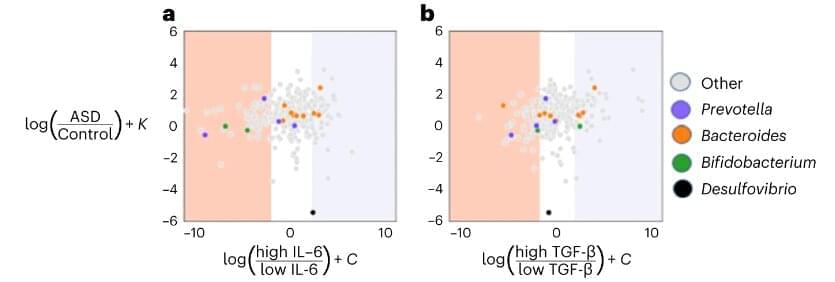
The biological roots of autism continue to perplex researchers, despite a growing body of studies looking at an increasing array of genetic, cellular and microbial data. Recently, scientists have homed in on a new and promising area of focus: the microbiome. This collection of microbes that inhabit the human gut has been shown to play a role in autism, but the mechanics of this link have remained awash in ambiguity.
Taking a fresh computational approach to the problem, a study published today, June 26, in Nature Neuroscience sheds new light on the relationship between the microbiome and autism. This research—which originated at the Simons Foundation’s Autism Research Initiative (SFARI) and involved an innovative reanalysis of dozens of previously published datasets—aligns with a recent, long-term study of autistic individuals that centered on a microbiome-focused treatment intervention. These findings also underscore the importance of longitudinal studies in elucidating the interplay between the microbiome and complex conditions such as autism.
“We were able to harmonize seemingly disparate data from different studies and find a common language with which to unite them. With this, we were able to identify a microbial signature that distinguishes autistic from neurotypical individuals across many studies,” says Jamie Morton, one of the study’s corresponding authors, who began this work while a postdoctoral researcher at the Simons Foundation and is now an independent consultant. “But the bigger point is that going forward, we need robust long-term studies that look at as many datasets as possible and understand how they change when there is a [therapeutic] intervention.”

As if all that isn’t enough, now doctors are saying women with PCOS need to think about their heart health as well, says Erin Michos, M.D., associate director of preventive cardiology at the Johns Hopkins Ciccarone Center for the Prevention of Heart Disease.
“Women worry about infertility, acne and weight gain but might not be thinking of high blood pressure and type 2 diabetes. It’s important to know that they’re at an increased risk and how important diet and exercise is,” says Michos.
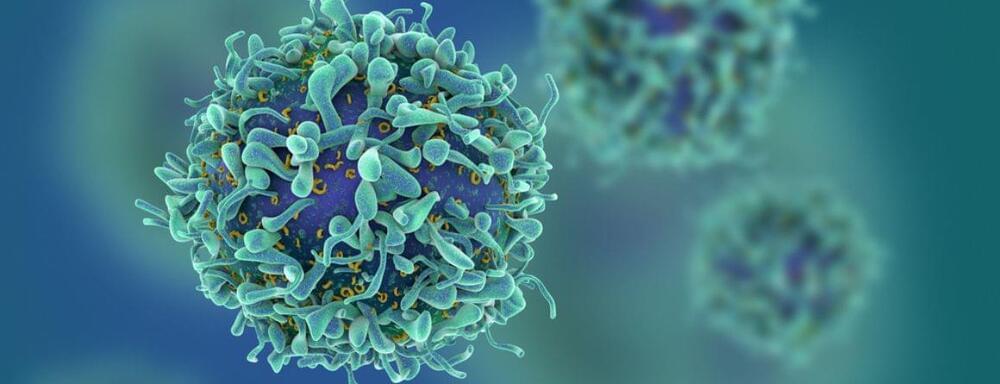
“Many experts assumed that after birth, the thymus played little role in the development of these cells as we age, but we now know this little unsung organ helps the body prepare for a lifetime of good health,” he said.
“The more we know about these cells the greater the likelihood of unlocking new ways to treat infectious diseases and cancer.”
Researchers from the University of Melbourne, The Fiona Elsey Cancer Research Institute, Federation University, Peter Doherty Institute for Infection and Immunity, Melbourne Centre for Cardiovascular Genomics and Regenerative Medicine, The Royal Children’s Hospital and the Walter and Eliza Hall Institute of Medical Research also contributed to the findings.
This is older but this is just the tip of the iceberg. China is rumored to be working on genetic engineering to create “super soldiers” and they’re one country that isn’t stopped by ethics concerns. In the Prime TV series “The peripheral” it has something similar and I don’t want to spoil it beyond that. I think there’s a Vin Diesel movie called Blood Shot where he’s made into a super soldier. It’s a shame that this is used for warfare but the plus side is it’ll, some of the tech, will make its way down to civilian life such as the Internet did.
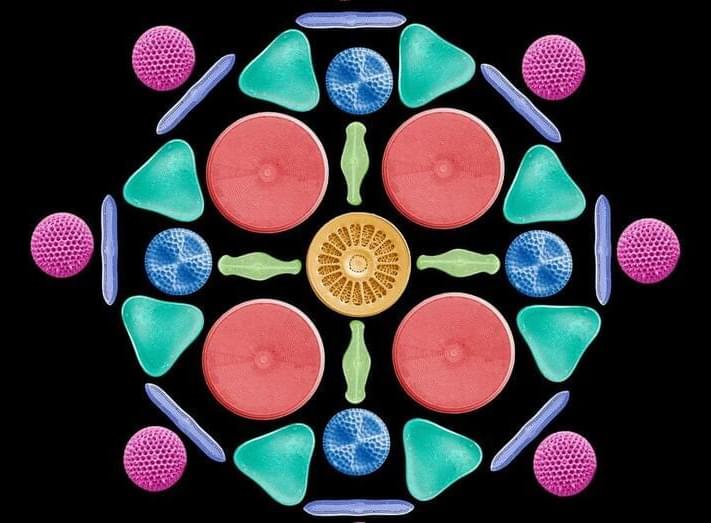
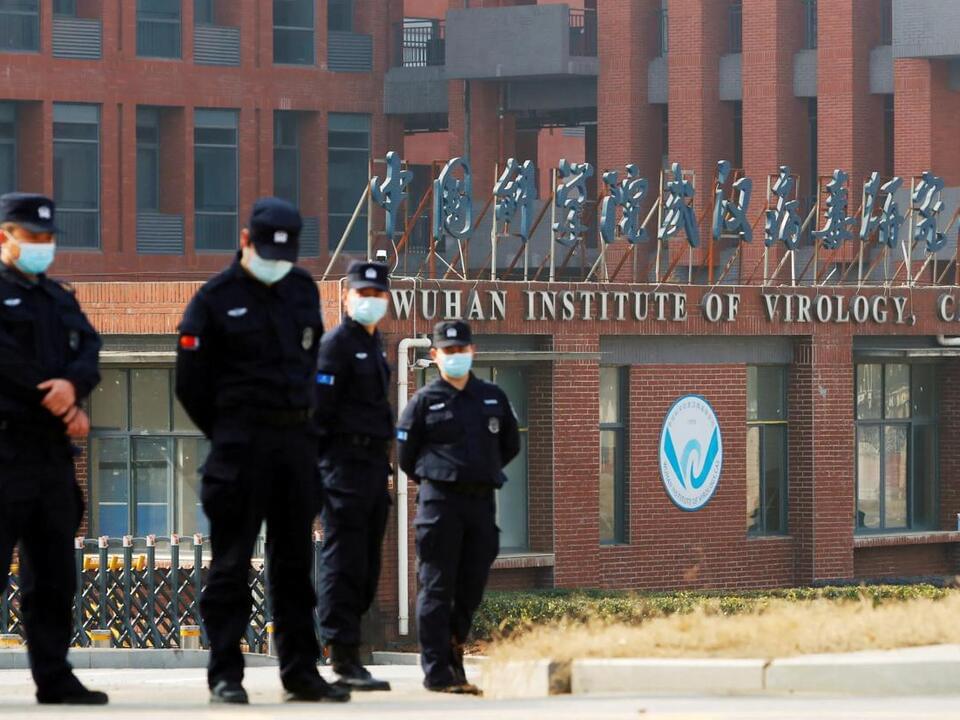
US spies are probing whether Covid was created by a Chinese military scientist before it leaked from a Wuhan lab, according to reports.
Zhou Yusen, who worked for the People’s Liberation Army, filed a patent for a Covid vaccine before the pandemic was declared — and mysteriously died just weeks later.
Zhou, 54, worked alongside researchers at the under-fire Wuhan Institute of Virology — the lab at the centre of the storm over a possible lab leak.